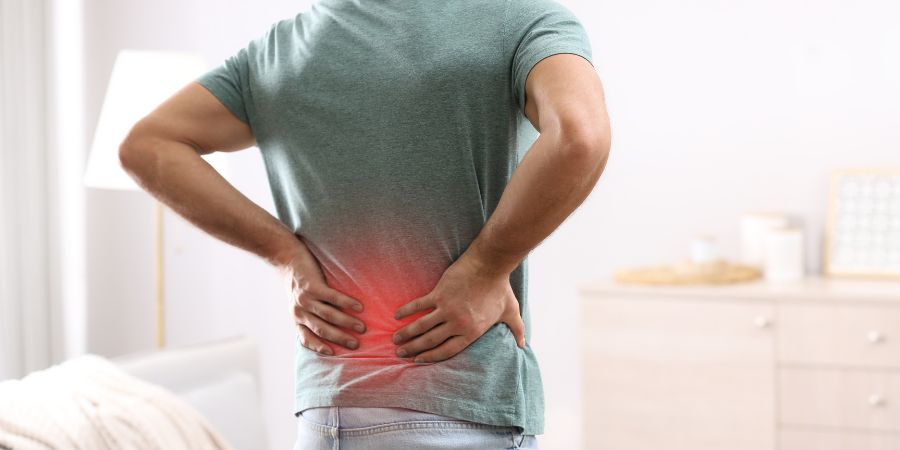In a few weeks, most back pain will go away. At-home therapies such as heat, ice, rest, and over-the-counter painkillers can be beneficial. You should consult a doctor if your back pain disappears and interferes with your everyday activities or sleep. When pain results from a minor injury or strain, you have to visit a back pain doctor nearby.
After headaches, back pain is the second most prevalent kind of pain. It can be caused by various things, including pinched nerves, strain on the muscles, degeneration of the discs between the vertebrae as they age, and injuries to the spine.
Orthopedic surgeons and Neurosurgeons who specialize in feasting back pain disorders, such as degenerative disc disease, spondylolisthesis, and spinal stenosis, are among our specialists.
Causes of Back Pain
- Compression Fractures due to osteoporosis (bone degeneration)
- Fractured vertebrae
- Degenerative disc disease
- Osteomyelitis
- Sciatica Stenosis
- Scoliosis
When It’s Severe Pain
It’s time to see a specialist if your pain is severe and persistent, such as an orthopedist or physician specializing in physical medicine and rehabilitation, also comprehended as a specialist.
A physician with training in bodily medicine and rehabilitation, known as a physiatrist, can also hold subspecialty certifications in neuromuscular therapy, sports medicine, brain injury medicine, or other fields.
What are the warning signs of a severe problem?
An ache in the back, sometimes extending to the legs and buttocks, is the immediate pain symptom.
Depending on which nerves are impacted, some back issues can result in pain in other areas of the body.
- Constant back discomfort where lying down or sleeping does not assist
- Depress down the legs
- Discomfort that goes below the knees
- A current injury, impact, or concussion to the back
- Urinary incontinence
- Problem urinating
- Fecal incontinence, or defeat of control over bowel activities
- Numbness near the anus
Treatments for back pain
The best back pain treatments are usually taking painkillers, staying active, and performing specific exercises. Some people, though, will require additional medical care.
Home Treatments
Nonsteroidal anti-inflammatory drugs, like ibuprofen, are commonly available over the counter for pain relief. Another way to lessen pain is to apply an ice pack or burning compress to the troubled spot.
Medication
A prescription NSAID may be necessary for back pain not adequately relieved by over-the-counter painkillers.
Narcotics like codeine or hydrocodone may be prescribed for brief periods. These need to be closely watched by a physician. Doctors may also suggest muscle relaxants in specific situations.
Physical treatment
A physical therapist might start back and abdominal muscle strength and flexibility exercises as the patient’s condition improves. Posture-correction techniques could also be beneficial.
To avoid a recurrence of back pain, it is recommended to practice the techniques regularly, even after the pain has subsided.
Surgical Treatments
Surgery may be recommended if you have attempted all other treatments and your back pain has not improved. Even in cases where the pain doesn’t go away, only some are good candidates for surgery. The reason for your pain and your medical background will determine what kind of sciatic back pain treatment your doctor suggests. Your surgeon will also go over the procedure’s potential advantages and hazards.
Conclusion
Numerous factors can contribute to back pain. These can include spinal column impact injuries, bad posture, weak muscles, and long-term inflammatory diseases.
The underlying cause will usually determine the course of treatment, and prevention may not always be feasible.
Nonetheless, a healthy weight, an active lifestyle, and reducing stress on the back muscles can all contribute to overall back health. At Pain Treatment Center, you can consult the best back pain specialists new jersey.
Congrats! You’ve Finished This Blog.




